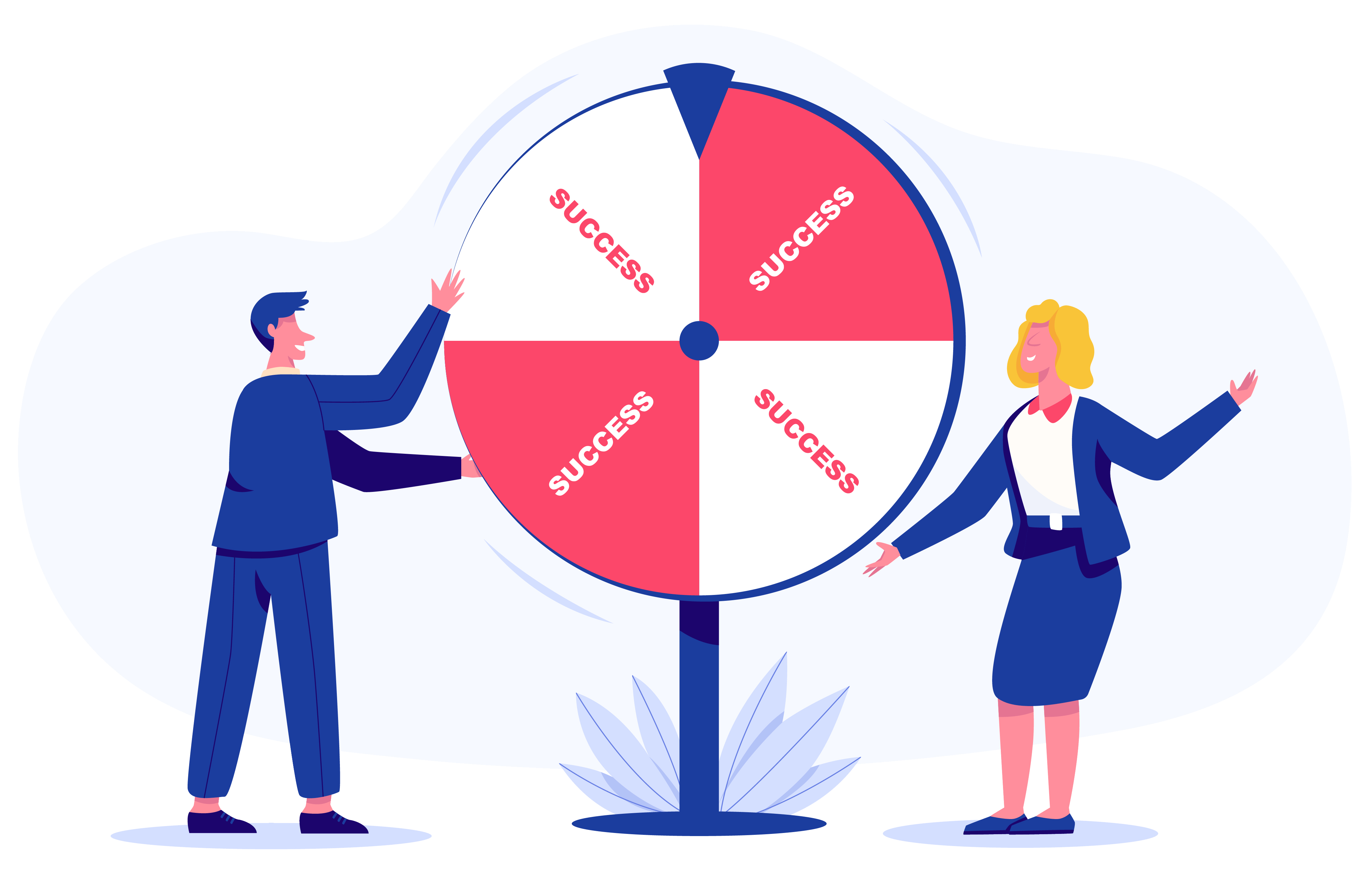Overview:
DEPARTMENT OF INFORMATION SCIENCE & ENGINEERING
The department of Information Science and Engineering, established in the year 2000 with an initial intake of 30, offers an undergraduate course in engineering (B.E. in Information Science and Engineering). Now, the intake is enhanced to 60 students. The department is recognized as a research centre by Visvesvaraya Technological University, Belgaum. The department is accredited twice by the National Board of Accreditation.
- Year of Establishment: 2000
- Head of Department: Dr. Jagadeesh Pujari
- NBA Accridiation Status:Academic Years 2020-2021, 2021-2022, 2022-2023. Further accredited for Academic Years 2023-24, 2024-25 and 2025-26
- Current Intake: 60
- Phone Number: 9480750607


Vision:
To develop competent Information Technology Engineers having complete knowledge and skills in contemporary Information Technology and practices
Mission:
- To have contextually relevant Curricular.
- To promote effective Teaching Learning Practices supported by Modern Educational Tools and Techniques.
- To enhance Research Culture.
- To involve Industrial Expertise for connecting classroom content to real life situations
- To inculcate Ethics and impart soft-skills leading to overall Personality Development.
PEOs & POs
Programme Educational Objectives(PEOs)
UG – Information Science and Engineering: PROGRAM EDUCATIONAL OBJECTIVES (PEOs)
| PEO 1 | Develop into Information Technology Professionals with expertise in providing solutions to Information Engineering problems. |
| PEO 2 | Pursue higher studies with the sound knowledge of basic concepts and skills in basic science, humanities and Information Technology disciplines. |
| PEO 3 | Exhibit professionalism, ethics and ability to work in teams. |
Programme Outcomes(POs)
UG – Information Science and Engineering: PROGRAM OUTCOMES (POs)
Engineering Graduates will be able to:
| PO | Short Title of the PO | Description of the Programme Outcome (PO) Engineering Graduates will be able to: |
|---|---|---|
| PO-1 | Engineering knowledge | Apply the knowledge of mathematics, science, engineering fundamentals, and an engineering specialization to the solution of complex engineering problems. |
| PO-2 | Problem analysis | Identify, formulate, review research literature, and analyze complex engineering problems reaching substantiated conclusions using first principles of mathematics, natural sciences, and engineering sciences. |
| PO-3 | Design/development of solutions | Design solutions for complex engineering problems and design system components or processes that meet the specified needs with appropriate consideration for the public health and safety, and the cultural, societal, and environmental considerations. |
| PO-4 | Conduct investigations of complex problems | Use research-based knowledge and research methods including design of experiments, analysis and interpretation of data, and synthesis of the information to provide valid conclusions. |
| PO-5 | Modern tool usage | Create, select, and apply appropriate techniques, resources, and modern engineering and IT tools including prediction and modeling to complex engineering activities with an understanding of the limitations. |
| PO-6 | The engineer and society | Apply reasoning informed by the contextual knowledge to assess societal, health, safety, legal and cultural issues and the consequent responsibilities relevant to the professional engineering practice. |
| PO-7 | Environment and Sustainability | Understand the impact of the professional engineering solutions in societal and environmental contexts, and demonstrate the knowledge of, and need for sustainable development. |
| PO-8 | Ethics | Apply ethical principles and commit to professional ethics and responsibilities and norms of the engineering practice. |
| PO-9 | Individual and team work | Function effectively as an individual, and as a member or leader in diverse teams, and in multidisciplinary settings. |
| PO-10 | Communication | Communicate effectively on complex engineering activities with the engineering community and with society at large, such as, being able to comprehend and write effective reports and design documentation, make effective presentations, and give and receive clear instructions. |
| PO-11 | Project Management and Finance | Demonstrate knowledge and understanding of the engineering and management principles and apply these to one’s own work, as a member and leader in a team, to manage projects and in multidisciplinary environments. |
| PO-12 | Life-long Learning | Recognize the need for, and have the preparation and ability to engage in independent and life-long learning in the broadest context of technological change. |
Programme Specific Outcomes (PSOs)
UG – Information Science and Engineering: PROGRAM SPECIFIC OUTCOMES(PSOs)
| PSO 1 | Develop into Information Technology Professionals with expertise in providing solutions to Information Engineering problems. |
| PSO 2 | Pursue higher studies with the sound knowledge of basic concepts and skills in basic science, humanities and Information Technology disciplines. |
| PSO 3 | Exhibit professionalism, ethics and ability to work in teams. |
Faculty

Dr. Jagadeesh Pujari
HOD & Professor

Dr. Sangappa Ramachandra Biradar
Professor

Prof. Vasudev K. Parvati
Associate Professor

Dr. Pushpalatha S. Nikkam
Assistant Professor

Prof. Varsha S Jadhav
Assistant Professor

Dr. Deepa Bendigeri
Assistant Professor

Dr. Anita Dixit
Assistant Professor

Dr. Sachidanand S. Joshi
Assistant Professor

Prof. Arati S. Nayak
Assistant Professor

Dr. Rajashekarappa
Assistant Professor

Prof. Pratibha Badiger
Assistant Professor

Prof. Tanweer Ahmed
Senior Lecturer
Syllabus
| UG |
|
I Year UG Syllabus 2023-24 II Year UG Syllabus 2023-24 III Year UG Syllabus 2023-24 IV Year UG Syllabus 2023-24 |
Timetable
|
ISE II SEM ISE TIME-TABLE 2023-24 IV SEM – Timetable (Even Sem) 2023-24 VI SEM – Timetable (Even Sem) 2023-24 ISE VIII SEM TIME-TABLE (EVEN SEM) 2023-24 |
Space, Infrastructure & Facilities
| Lab Infrastructure |
3000 +
Students
160 +
Faculty
950 +
Placement
300 +
Support Staff
300 +
No. of Companies Visited
